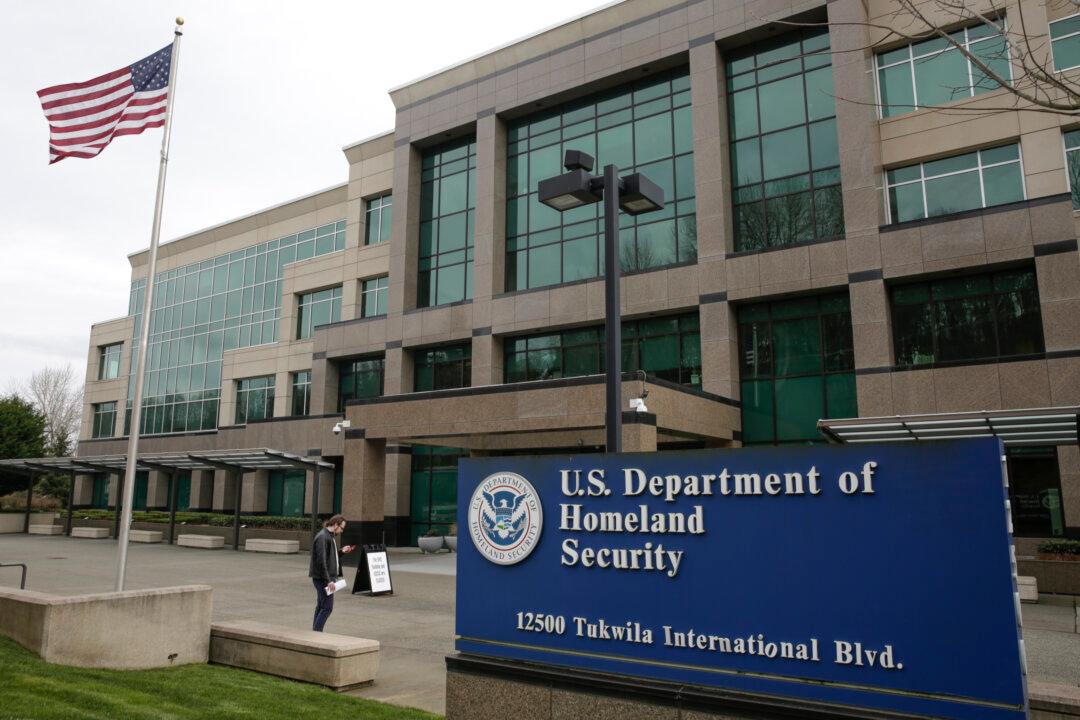The United States faces a heightened risk of terror attacks from now through the 2024 election cycle, according to a new memo from the Department of Homeland Security (DHS).
The DHS issued a new National Terrorism Advisory Bulletin (pdf) on May 24 stating “perceptions of the 2024 general election cycle and legislative or judicial decisions pertaining to sociopolitical issues” could “mobilize individuals to commit violence.”





